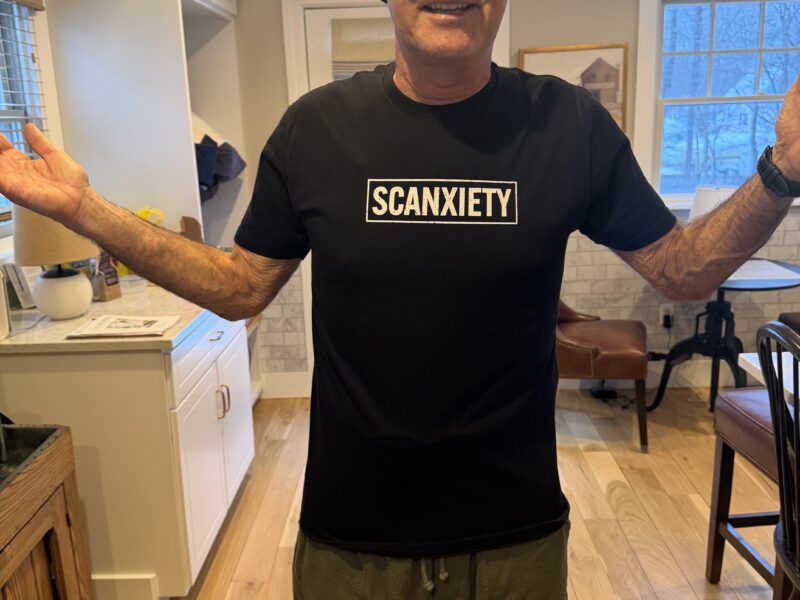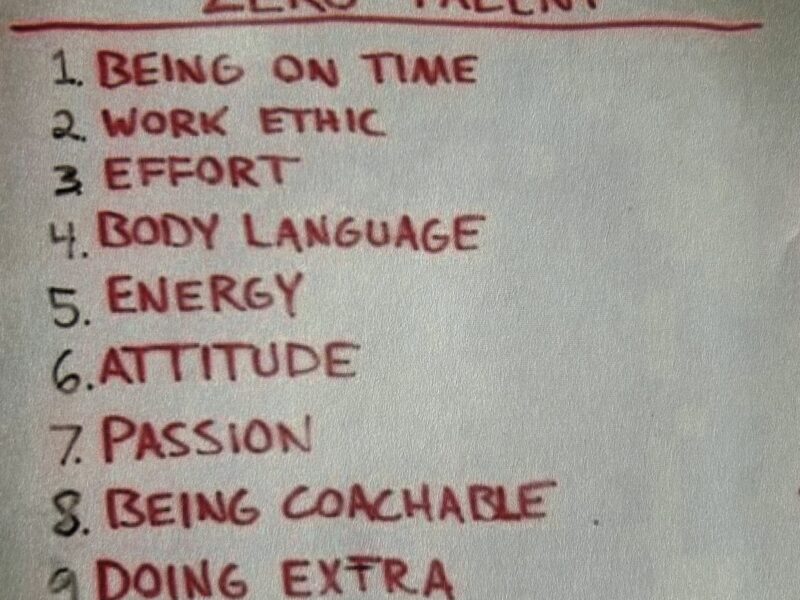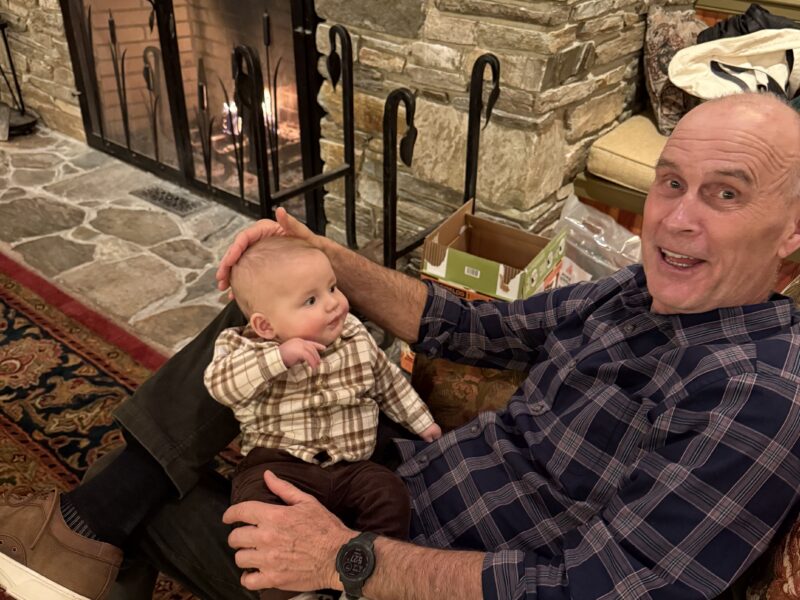It’s never fun to be the object of personal verbal attacks or public ridicule. Whether condemnation finds you via hearsay or assaults you with the abusive bold print of social media, it can get to you. That is, if you let it.
So, don’t.
Easier said than done? Sure, but when you come right down to it, degree of difficulty is irrelevant in such matters.
We talked about this at a recent school meeting where I shared some of my own experiences regarding an extended family member who, in recent years, appears to have been on a personal crusade intended to present me and selected Hyde colleagues in as negative a light as possible. (And given that he and I have known each other since we met in a crib over 60 years ago, he’s working with a vast reservoir of material!) Since his posts have been seen by hundreds of Hyde folks, I decided to break from my normal M.O. of personal privacy and use the experience as a teachable moment. When in doubt… right?
I began my remarks by acknowledging that I have felt stung by some of the comments and allegations posted by this individual. (But, I’m getting ahead of myself…) I announced that some of them are true, some are not, and some reflect a very active imagination. After explaining that I did not intend to parse each accusation out during our meeting, I presented the students with a standing offer to speak with me privately should they so desire.
That said, I did address the accusation lodged against me that might constitute the proverbial elephant in the room: 33 years ago, I did indeed experience a DWI. While my accuser intimates that I have carefully concealed this fact from others, I actually have shared it with various Hyde audiences over the years. My accuser also intimates that I have had multiple DWIs. The truth? Only one, but in the interest of full disclosure, I should have had several. Suffice it to say that before I had my last drink in May of 1985, I was a reckless and irresponsible drinker. The only bright side of the whole experience is that no one was physically hurt on those occasions when I made the poor choice to get behind the wheel.
I then went on to explain the critical role that the struggle for sobriety has played in my life. On the one hand, I have pulled off some accomplishments, some of which have impressed others. I experienced successes in athletics, in my chosen profession, as a published author, and in other areas. However, deep down, I believed that I could do those things. On the other hand, in my heart of hearts, I did not really believe that I could quit drinking. And 30+ years later, not only is that the personal accomplishment that most impresses me, it is probably the very step that made most of those other accomplishments possible.
So, (re)turning to the original idea of this post, how do we handle it should someone “slander (your) name all over the place?” (Note: The “Blue Suede Shoes” reference was lost on my audience.) I can recommend two books that helped me immensely. The first: Feeling Good – The New Mood Therapy (1980) by David Burns.
Look beyond the somewhat hokey title and you will learn about the basics of Cognitive Behavior Therapy (CBT) which the author defines as “… the simple idea that your thoughts and attitudes — and not external events [nasty Facebook posts, etc.] — create your moods.”
Burns boldly states, “… there has never been a single time in your life when the critical comments of some other person upset you — even to a small extent.” Burns maintains that such comments — “no matter how vicious, heartless, or cruel” — merely trigger or amplify thoughts that already lurk within each of us. Rid yourself of those thoughts and you’ll… Feel Good. And he offers several ideas (e.g., The 10 Distortions) and techniques designed to help you do just that. Not only have I found Burns’ work to be personally invaluable to fostering my own serenity, each spring I conduct a workshop for seniors and faculty where the Ten Distortions are introduced and discussed.
The second book is The Four Agreements (1997) by Don Miguel Ruiz & Janet Mills.
For purposes of this discussion, I call your attention to the second of the Four Agreements: “Don’t Take Anything Personally – Nothing others do is because of you. What others say and do is a projection of their own reality. When you are immune to the opinions and actions of others, you won’t be the victim of needless suffering.”
Another way of looking at this idea is expressed by Deepak Chopra:
Life’s too short to spend time feeling offended.
So, don’t.
Onward, Malcolm Gauld


